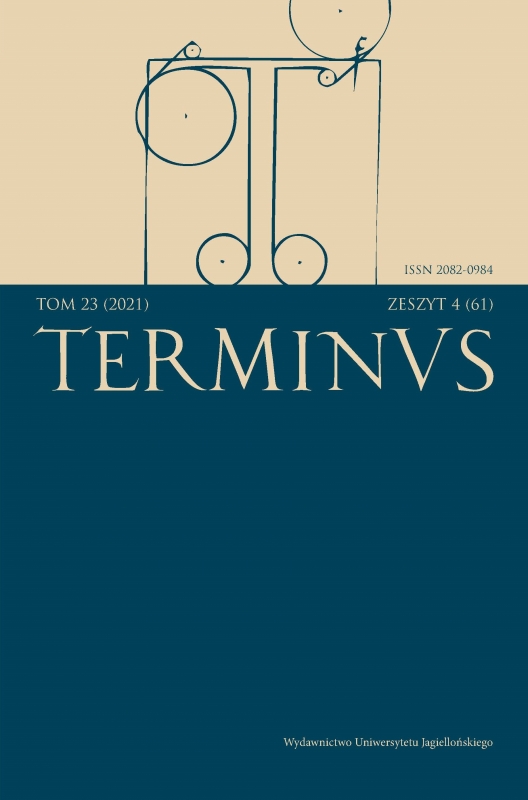Recusationes w pierwszej księdze Elegiarum libri quattuor Jana Kochanowskiego a Kreuzung der Gattungen. Rola Owidiusza w refleksjach metapoetyckich Jana Kochanowskiego
The recusationes and the Kreuzung der Gattungen in Jan Kochanowski’s Elegiarum libri quattuor and Ovid’s Inspiration in Jan Kochanowski’s Metapoetic Reflections
Author(s): Francesco CabrasContributor(s): Magdalena Wrana (Translator)
Subject(s): Language and Literature Studies, Studies of Literature
Published by: Wydawnictwo Uniwersytetu Jagiellońskiego
Keywords: Jan Kochanowski; Elegiarum libri quattuor; recusationes; Ovid
Summary/Abstract: This article is a study of the three recusationes from the first book of Jan Kochanowski’s Elegiarum libri quattuor. Contrary to what one might think at first sight, these poems do not merely voice homage paid to the elegiac convention, which demands of the poet to renounce epic poetry and military life, but should be seen as texts in which Kochanowski reflects on the potential and limits of the elegy as a genre. It is only in the opening epigram of the collection that the poet seems to accept the rules of the genre by stating that he will not write epic poetry, but in all the recusationes of the first book (I 1, I 5 e I 12), he clearly makes the reader aware that he does not intend to renounce epic poetry, but plans to write such poems on another occasion, or in fact, he is already inserting several epic fragments in his elegies. Having underlined this, the article concentrates on the fact that this kind of attitude towards the relations between the elegiac poet and epic poetry is typically Ovidian, as shown by Mario Labate in his outstanding works devoted to this topic. The article also draws the reader’s attention to the book’s structure, for the recusationes play an essential role in it by marking its metaliterary nature. The article demonstrates that the elegies provide a testing ground for the poet to refine his poetic technique. In the elegies Kochanowski searches for different poetic solutions as he deals with different poetic genres, thereby striving to become a “total poet”, in the renaissance sense of this expression, i.e. a poet who does not confine himself to any single genre, believing that he is capable of facing all kinds of challenges when it comes to creating poetry.
Journal: TERMINUS
- Issue Year: 23/2021
- Issue No: 4 (61)
- Page Range: 435-454
- Page Count: 20
- Language: Polish

